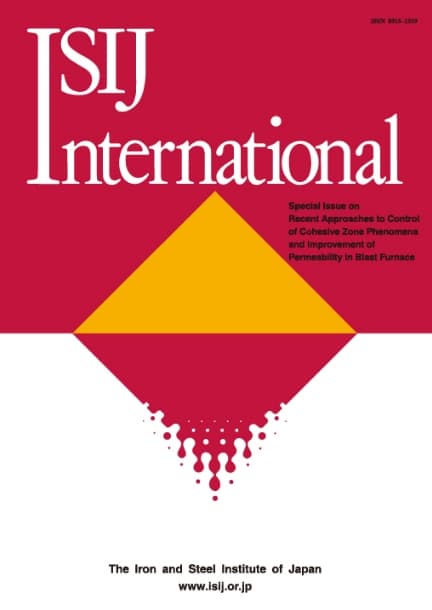Effective Utilization of Coal via Flash Pyrolysis
Wei-Chun Xu, Akira Tomita
pp. 687-698
Abstract
Pyrolysis is a fundamental reaction in all coal conversion process: combustion, gasification and liquefaction in addition to coke-making process. Gaseous and liquid products evolved during pyrolysis have been used as fuels and chemical feedstocks. It is important to promote the production of these products for the effective utilization of coal. Attention has been paid to flash pyrolysis of coal for this purpose. In this review, the effects on pyrolysis process are examined. Coal type, carrier gas, pressure, heating rate, final temperature, and residence time in the secondary reactions all affect the product yields. The efforts are made to make clear how to control the product distribution based on the mechanism of coal pyrolysis. The features of coal flash hydropyrolysis processes including those developed and under development are also described.
Readers Who Read This Article Also Read
ISIJ International Vol.29(1989), No.9
ISIJ International Vol.30(1990), No.2
ISIJ International Vol.29(1989), No.11










